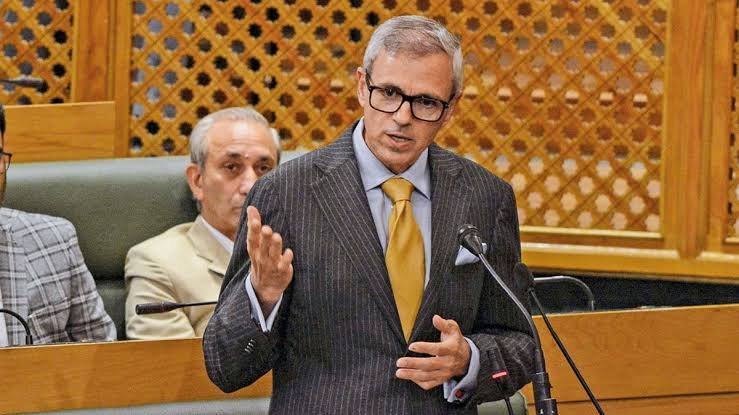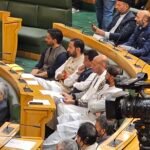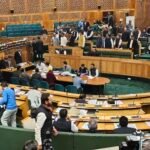Asif Iqbal Naik
Srinagar, October 29: In a significant move aimed at empowering legislators and accelerating local development, Jammu and Kashmir Chief Minister Omar Abdullah on Wednesday announced major reforms in the Constituency Development Fund (CDF). The revised guidelines expand the scope of permissible works, enhance flexibility for MLAs, and introduce several new welfare-oriented provisions.
Expanded Scope and Flexibility
The government has approved key amendments granting MLAs greater freedom in recommending developmental works across sectors. The move is aimed at ensuring better utilization of funds in accordance with constituency-specific needs.
Ceiling Restrictions Removed
Under the new policy, the spending ceiling of ₹30 lakh on power development infrastructure and ₹10 lakh on solar light installations has been removed, giving MLAs more discretion in planning local electrification and renewable energy initiatives.
Reforms in PHE and Education Sectors
MLAs are now permitted to recommend the purchase of mobile water tankers and household water connections under the Public Health Engineering sector. Additionally, the purchase of school vans and buses (three- or four-wheelers) for educational institutions has been allowed, facilitating better student transportation facilities in rural and remote areas.
Health Sector Empowerment
The CDF reforms also include provisions for the purchase of wheelchairs, tricycles, and electric scooters (manual or motorized), thereby extending direct benefits to differently-abled and needy individuals.
Calamity Relief Provisions
A special one-time relaxation has been introduced, permitting MLAs to utilize up to ₹50 lakh from their CDF allocations for calamity relief and rehabilitation works during the current fiscal year and 2026–27. Legislators from non-affected constituencies can also contribute up to ₹10 lakh to disaster-hit areas or to the Chief Minister’s Relief Fund.
Abolition of 80% Spending Rule
The long-standing rule requiring MLAs to spend at least 80% of their annual CDF allocation within a financial year has been scrapped, offering them more time and flexibility in executing developmental projects.
Introduction of New Categories
The new CDF framework now permits the construction of temporary sheds for calamity victims and provides grants up to ₹3 lakh to old age homes, orphanages, shelters, and youth or sports clubs for purchasing essential goods, furniture, and sports equipment.
Housing Support for Poor Families
MLAs can now allocate up to ₹20 lakh from their CDF to assist economically weaker sections, including drivers, laborers, and BPL families, in upgrading or constructing houses, modeled on the Pradhan Mantri Awas Yojana (PMAY) framework.
The reforms have been welcomed across political circles as a progressive step towards localized development and social welfare, with an emphasis on inclusivity and need-based planning.









